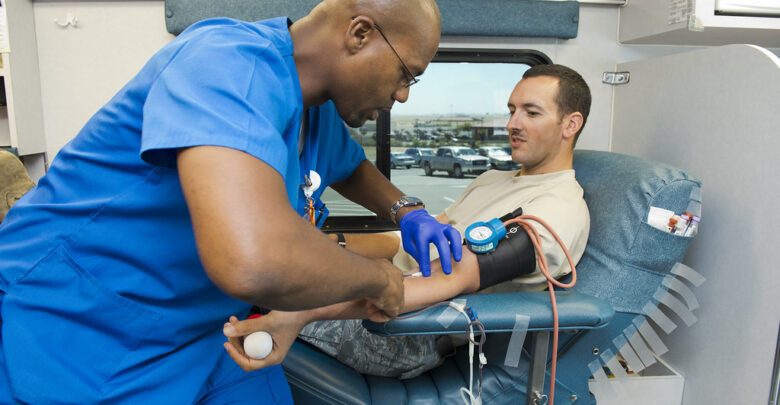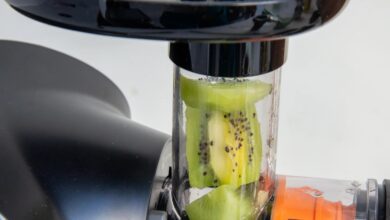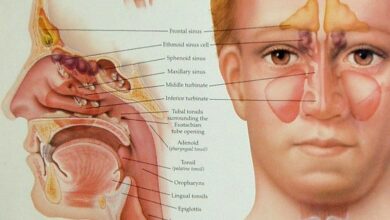Thinking Of Becoming A Phlebotomist?

What Is The Main Role Of A Phlebotomist?
Firstly let us just clarify what a Phlebotomist is and does. A phlebotomist is a health care professional who has been specifically trained to draw and prepare blood and other bodily fluids. They are trained to collect blood via venipuncture, finger pricks or heel pricks on infants.
A phlebotomist typically works within a hospital, clinic, outpatient care facilities, diagnostic laboratories and blood donation centres. They work alongside doctors and nurses to assist in the collection of blood for medical testing, research, transfusions and donation.
An important part of being a phlebotomist, if not the most important, is to ensure that all steps have been taken to ensure that samples taken are not tainted or degraded as this can impact the accuracy of the tests.
Why Do People Become Phlebotomists?
There are many reasons to become a phlebotomist and if you are not squeamish about blood or bodily fluids, then it could be the right choice for you.
Often people who are considering working in the healthcare profession, but don’t want to, or don’t have the time to, train to become a doctor or a nurse may choose a career as a phlebotomist.
According to Chris from Phlebotomy Training “It is a well respected roll within healthcare even if it is considered an entry level job. Sometimes people choose to become a phlebotomist because it offers more flexibility than working as a doctor or nurse.”
An interest in working with people and having good people skills is essential for becoming a phlebotomist. You may have patients who are scared or worried about having bloods taken and it is your job to keep them calm and be able to talk them through the process.
So if you want to help others, have a good work/life balance, don’t want a typical 9-5, enjoy travel, want to start working quickly and are not scared of blood, then phlebotomy could be the career for you.
What Are The Typical Work Hours For A Phlebotomist?
A standard working week for a phlebotomist will usually be around 37.5 hours. These hours are usually spread over a seven day period and you will need to have the flexibility to work different shifts.
A phlebotomist will usually be awarded 27 days of annual leave plus bank holiday entitlements.
The pay for an entry level position starts around band 2 or 3 of the Agenda for Change (AFC) pay system which is from £18,005 up to £21,142 pa. More senior positions start at level 4 which starts at £21,892 pa. You will also have access to the pension scheme and health service discounts.
How Easy Or Difficult Is It To Land A Job As A Phlebotomist?
It is easier to get a job as a phlebotomist if you have all the relevant qualifications plus some experience working in the field. You may want to try volunteering to increase your chances. Some places may not be willing to take you on if you have no experience.
There are a lot of opportunities for positions as a phlebotomist and these are increasing all the time. As doctors are requiring more blood and tissue samples to properly diagnose patients, phlebotomists are becoming a much needed addition. Phlebotomy is definitely a growth area in healthcare.






